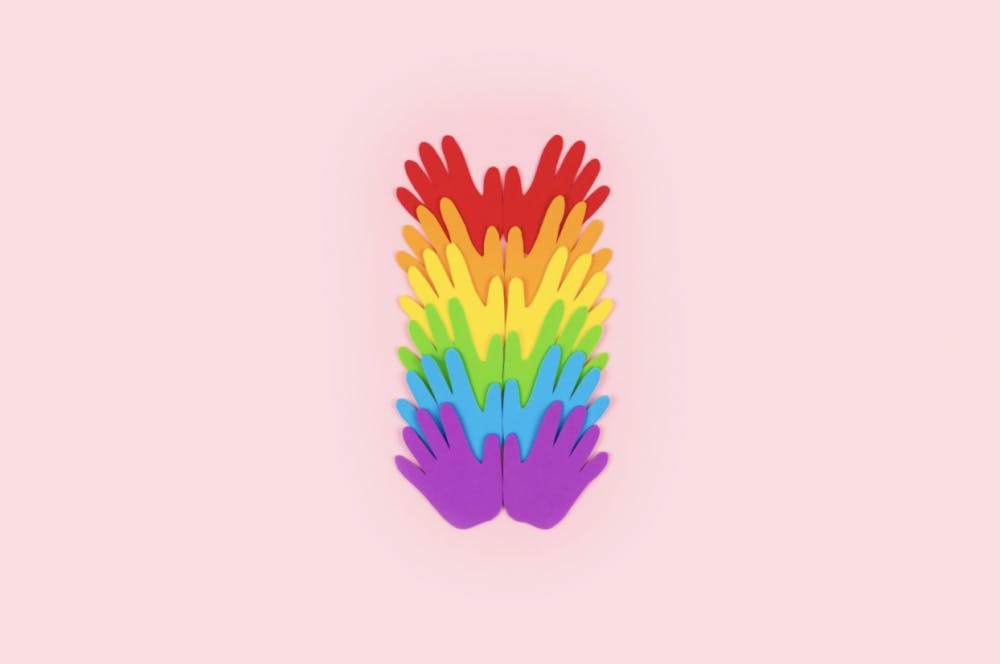By Adia Montgomery
Correspondent
Trigger Warning: the following article discusses sexual assault.
Every 73 seconds, an American is assaulted, according to the Rape, Abuse and Incest National Network (RAINN).
As April is Sexual Assault Awareness Month, this moment could be used to stress a topic that, when understood, could save someone’s life.
Assault is under the umbrella term of sexual violence, which includes any form of unwanted sexual interactions. These interactions include, but are not limited to, abuse, exploitation and trafficking, image sharing and word usage as mentioned.
The conversation surrounding sexual assault is one that is not easily held in present society. “It’s important to normalize having conversations surrounding sexual assault,” said Kiana Baxter, a senior psychology major at the College. “It happens more often than you think.”
And just as it happens more than we may think, it happens to men often as well. As of 1998, 2.78 million men in the U.S. had been victims of assault, which is about 1 out of every 10 men according to RAINN.
The conversation surrounding men and assault is typically quiet, potentially because no one wants to discuss the vulnerability of them. Traumatic events are meant to be talked about and brought awareness to, yet they often get suppressed.
Because victims are often reluctant to speak about their trauma, people around them may not know how to help them work through it. Many wish they were either educated in school or had educated themselves on the lasting effects of sexual assault so that they could have been able to be there for those who have survived assault emotionally.

For the survivors, the effects of sexual abuse can be long-lasting, effecting their mental and physical health. Sexual assault survivors are about four times more likely to abuse drugs, four times more likely to experience PTSD (especially if the abuse happens at a younger age) and about three times more likely to experience major depressive episodes, according to RAINN.
“I wish I would’ve known the lasting impact it has on people,” Baxter said. “Learning through conversation how it can affect the way a person interacts and trusts others, but also how they may view themselves afterwards.”
Kate Mastro, a senior English major at the College, expressed her thoughts in support of learning more about sexual assault.
“I know people who have been sexually assaulted and I just wish I knew more about its lasting effects as well,” Mastro said. “These individuals often don’t speak out on these instances and that silence can be deadly. Knowing more means I could possibly offer more help if needed.”
Although Covid-19 has changed the lives of many people, the rates of sexual violence have not changed. While many have been confined to their homes for the first few months of the pandemic, some have been stuck with their abuser. According to RAINN, roughly 93% of people who are abused know their abuser personally.
That being said, there are multiple resources for people who are survivors of sexual violence. These resources are not limited to the survivors but extend to those who just want to learn more and understand ways in which they could help.







